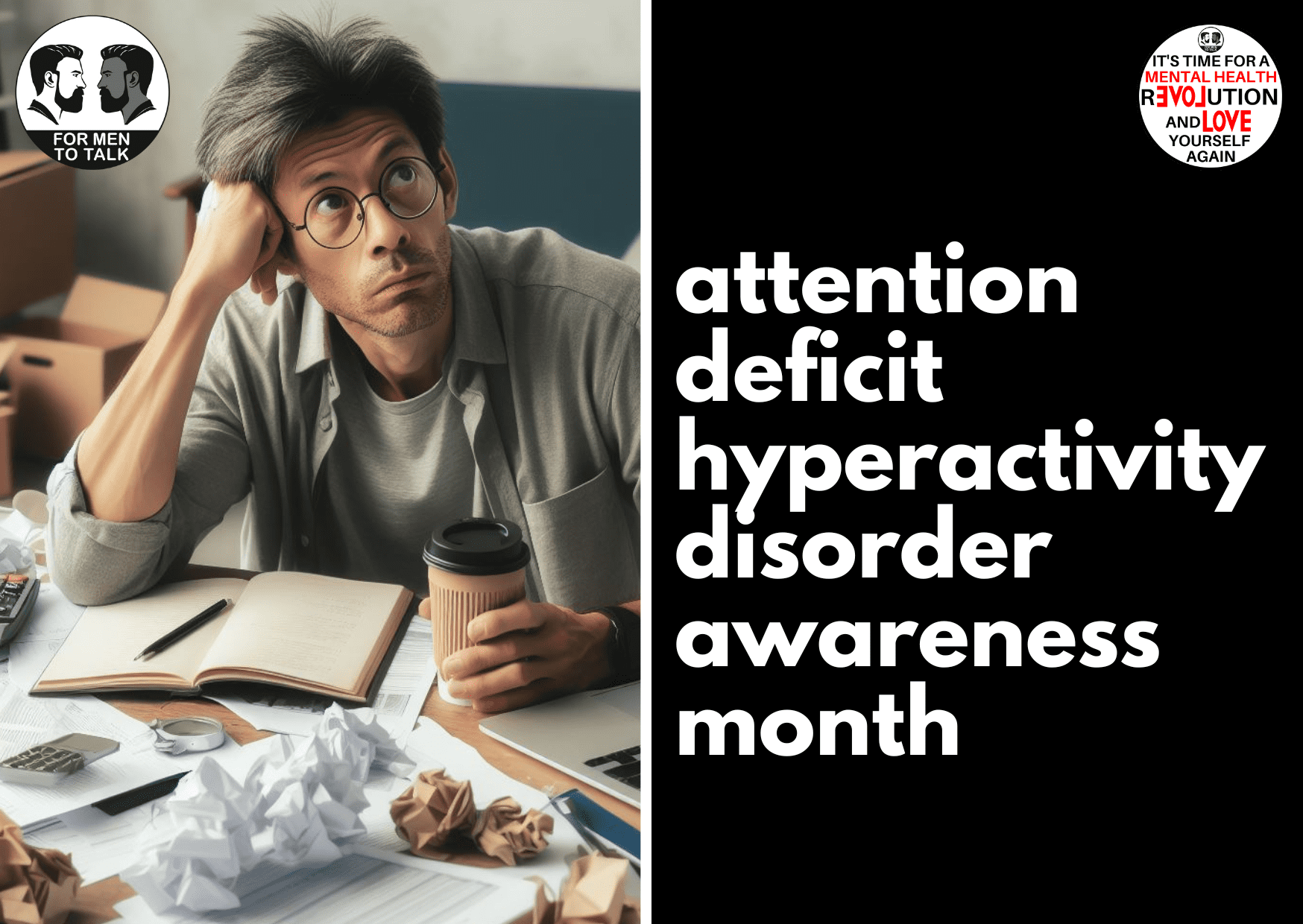Navigating rejective sensitive dysphoria: The unseen struggle for individuals with ADHD

Attention Deficit Hyperactivity Disorder (ADHD) is a neurodevelopmental condition that affects millions of people worldwide. While many are familiar with the core symptoms such as impulsivity and hyperactivity, there’s a lesser-known aspect of ADHD that can significantly impact the lives of those affected – Rejective Sensitive Dysphoria (RSD). RSD, particularly prevalent among teenagers and adults with ADHD, involves an intense sensitivity to rejection, making interpersonal relationships and daily interactions challenging. In this blog, we’ll delve into the nuances of Rejective Sensitive Dysphoria and explore how it manifests in the lives of individuals with ADHD.
Constantly Looking for Signs of Rejection:
One of the hallmarks of RSD is the constant vigilance for signs of rejection. Individuals with ADHD may find themselves hyperaware of social cues, body language, and subtle indications that could be interpreted as rejection. This heightened sensitivity can lead to a perpetual state of anxiety, making social interactions a minefield of potential rejection.
Expecting Rejection:
The expectation of rejection becomes a pervasive theme in the lives of those grappling with RSD. Whether in personal relationships or professional settings, individuals with ADHD may brace themselves for rejection even before any evidence surfaces. This anticipation of negative outcomes can contribute to a self-fulfilling prophecy, impacting self-esteem and overall well-being.
Intense Emotional Responses to Any Indication of Rejection:
The emotional toll of RSD is profound, with individuals experiencing intense and immediate emotional responses to perceived rejection. Seemingly innocuous situations can trigger feelings of inadequacy, sadness, or anger, amplifying the challenges associated with ADHD. Understanding and managing these emotional responses become crucial components in navigating the complex landscape of RSD.
Taking Rejection Extremely Personally:
Perhaps one of the most distressing aspects of RSD is the tendency to internalise rejection on a deeply personal level. Individuals with ADHD may struggle to separate their sense of self-worth from external judgments, leading to a heightened vulnerability to criticism. Developing coping mechanisms that foster resilience and a healthier self-perception is vital in mitigating the impact of RSD on mental health.
Addressing Rejective Sensitive Dysphoria:
Recognising the presence of RSD in individuals with ADHD is the first step towards providing effective support and intervention. Psychoeducation, therapy, and building a strong support system are essential components in helping individuals develop coping strategies to navigate the challenges posed by RSD.
Conclusion:
Living with ADHD is a multifaceted journey, and Rejective Sensitive Dysphoria adds an additional layer of complexity to this experience. By raising awareness about the prevalence and impact of RSD, we can foster understanding and empathy, ultimately creating a more supportive environment for individuals with ADHD. Through education and research we can work towards a world where those with ADHD are not only recognised for their unique strengths but also provided the tools to overcome the challenges associated with Rejective Sensitive Dysphoria.